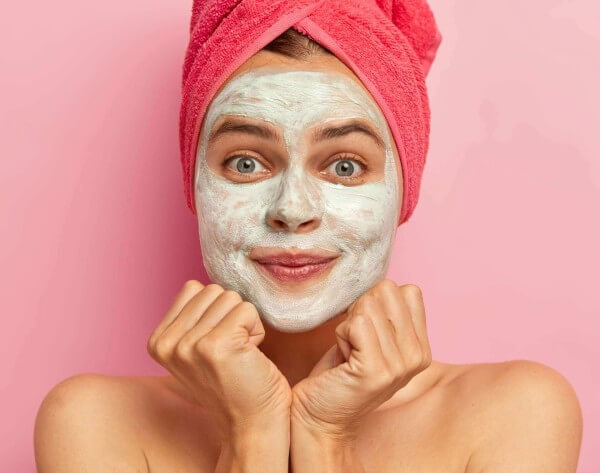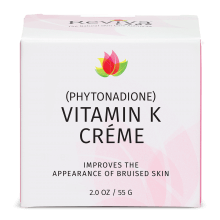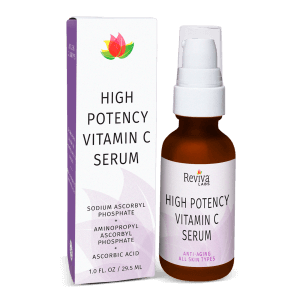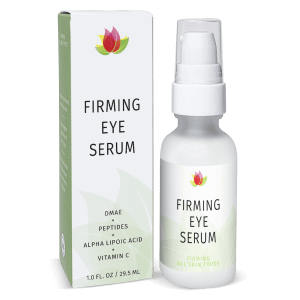Clean Beauty, Ingredients, Natural, Reviva Labs, Skin Care
Why Vitamin K Creme is a Must-Have for Under-Eye Dark Circles
Most skincare enthusiasts are familiar with the benefits of vitamins A, C, and E, but what about Vitamin K? This lesser-known vitamin is a powerhouse in the skincare world, particularly when it comes to addressing under-eye circles. This article will explore the wonders of Vitamin K cream, its benefits for skin health, and why it should be a staple in your skincare routine.
Unveiling the Power of Vitamin K
Often overshadowed by its more popular counterparts, Vitamin K, also known as phytonadione, is a fat-soluble vitamin produced naturally in the liver. It is also found in foods like chicken, cottage cheese, and some fermented cheeses. Interestingly, the name ‘K’ comes from the German word ‘koagulation’, highlighting Vitamin K’s significant role in the blood clotting process1.
Vitamin K and Dark Circles: A Scientific Look
Although Vitamin K’s impact on skincare is yet to be exhaustively studied, existing research suggests it holds promise in treating dark under-eye circles. A 2004 study revealed that a gel containing 2% Vitamin K, 0.1% retinol, and 0.1% vitamins C and E reduced both dark circles and wrinkles in 47% of the participants.
While further research is required to ascertain the specific role of Vitamin K in this improvement, the results indicate the potential effectiveness of Vitamin K for under-eye treatment.
The Benefits of Vitamin K Cream for Skin Health
Boosts Wound Healing
Vitamin K may accelerate wound healing by promoting wound contraction and aiding collagen and blood vessel formation. Wound contraction is a crucial healing response that determines the extent of skin damage requiring repair.
Possesses Antioxidant Properties
Vitamin K exhibits redox properties, implying its ability to detoxify reactive oxygen species (ROS) formed due to exposure to UV rays and pollution.
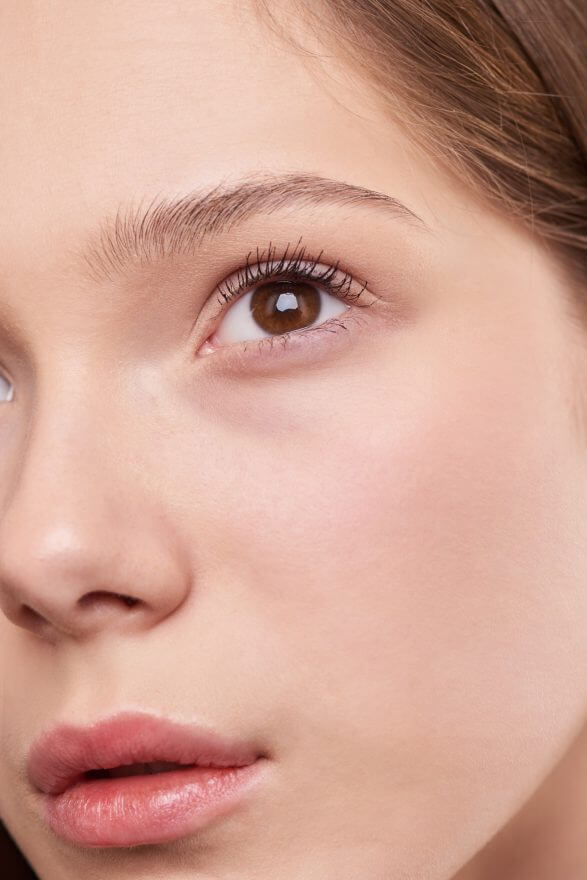
Fades Under-Eye Circles
Vitamin K’s role in the blood clotting process suggests its potential in addressing dark circles caused by pooled blood under the skin. The vitamin’s presence in eye creams indicates its value for brightening the under-eye area.
Reduces Dark Spots
Vitamin K creams are often recommended for patients seeking to reduce swelling or bruising, further highlighting the ingredient’s potential in lessening the appearance of dark spots.
Improves Stretch Marks
Given its ability to enhance elasticity, Vitamin K may lighten and brighten stretch mark-prone areas.
Safe for All Skin Types
Vitamin K is generally non-irritating, making it suitable for all skin types, including sensitive ones.
Wrinkle Combatant
An older study found that Vitamin K, in combination with retinol and vitamins C and E, can help minimize dark circles and wrinkles.

Safety Profile and Side Effects of Vitamin K
Despite the ongoing research, Vitamin K is generally considered safe for all skin types, except for individuals with blood clotting issues or those allergic to it. It’s always advisable to consult with a physician before using Vitamin K, especially if you have a risk of blood clots.
How to Apply Vitamin K Cream
Vitamin K can be used once or twice daily, usually in the form of eye creams. For optimal results, look for formulations that combine Vitamin K with other brightening ingredients like caffeine, arnica, or retinol.
Top Products Containing Vitamin K
While finding products rich in Vitamin K can be challenging, several options provide this underappreciated vitamin. Here are a few to consider:
Each of these products leverages the power of Vitamin K, combined with other beneficial ingredients, to address under-eye circles and other skin concerns.
Enhancing Your Vitamin K Intake Naturally
While Vitamin K creams can work wonders for your skin, it’s also beneficial to incorporate Vitamin K-rich foods into your diet. Green leafy vegetables like kale, spinach, and broccoli, along with eggs, meat, and whole grains, are excellent sources of Vitamin K.
Wrapping Up
While research on Vitamin K’s impact on skincare is still unfolding, the existing studies indicate its potential in treating dark under-eye circles and enhancing overall skin health. Whether you choose to apply a Vitamin K cream or increase your intake of Vitamin K-rich foods, this vitamin could be a game-changer in your skincare routine.
Quick Blog Summary Video:





